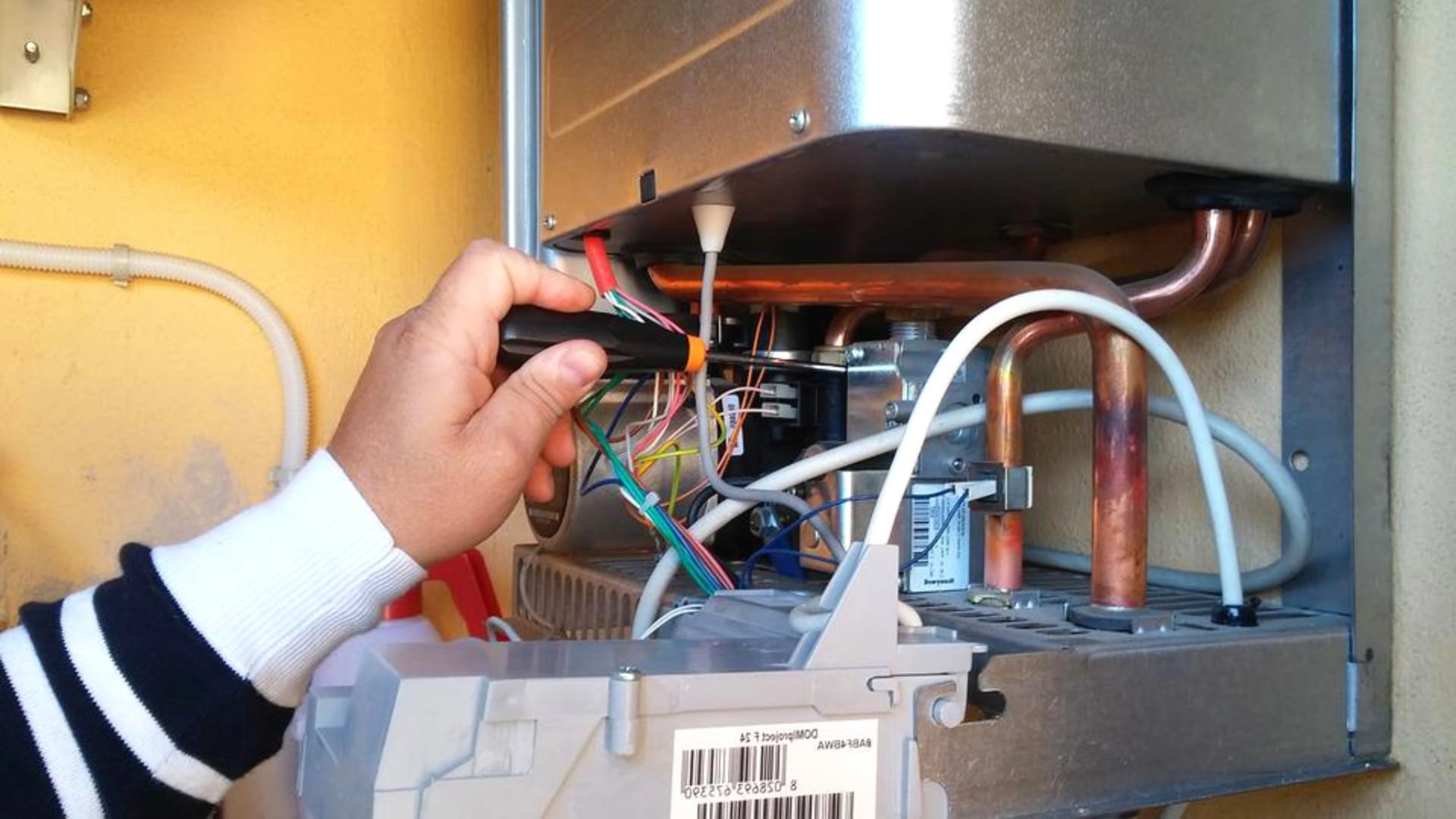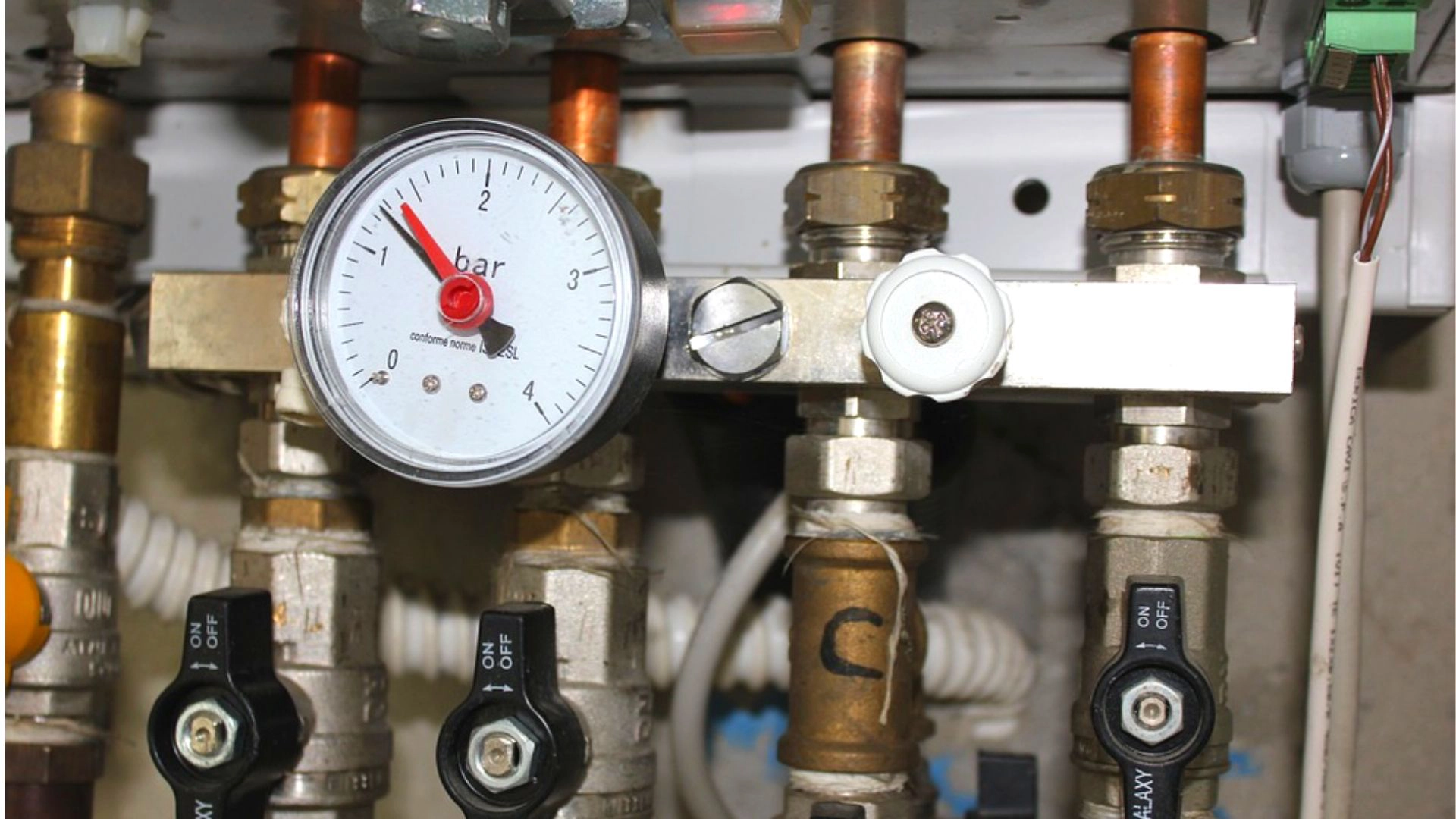Which Hot Water System Is Right For You? Gas VS Electric
Are you unable to choose between a gas and electric-powered hot water system? Follow along with our guide as we help you decide which hot water unit is best suited to you!
Ah, the perks of having hot water systems! After a long day at work, a hot water bath feels like heaven.
But before that, you must install a decent hot water system in your bathroom. Today, there are two types of hot water heaters available: gas and electric.
That is where you will face your primary dilemma because choosing between them can be difficult. There is no need to worry; we have discussed the differences between these water heaters in this brief guide.
The Differences Between Gas And Electric Water Heaters

In terms of functionality, you will see that both gas hot water systems and electric hot water systems operate in a manner that is more or less similar .
Water from your main supply is first collected inside a tank , which is then heated by the tank’s heating filaments. A thermostat controls the temperature, while valves control water flow.
However, the primary difference lies in their source of power. Gas-powered heaters run on chemical fuel, such as LPG, whereas electric heaters are powered by electricity . The following section discusses some other differences between gas systems and electric heaters.
1. Installation & Costs
For a gas water heater, you must arrange for gas pipes and exhaust vents before installing the actual water heater. The good thing is that electrical wiring is unnecessary with such heaters.
Installing an electric water heater takes much less time than installing a gas-powered water heater. You must arrange a power outlet using a wired electric water heater. When you have a power outlet near the installation spot, plug in the unit, and you will be ready.
Moving and reinstalling the electric heater in a new place can be convenient if you live in a temporary establishment. Typically, the price of an electric water heater is almost the same as that of a gas-powered option, which has the exact specifications.
The actual difference in cost is noticeable only during installation, as installing an electric heater is relatively less than installing a gas hot water system.
2. Performance
In terms of performance, a gas water heater can heat a large volume of water relatively quickly. However, an electric water heater takes considerably longer to heat the same amount of water. As a result, the recovery rate of a gas-powered water heater is lower than an electric heater.
The recovery rate is the time it takes to replenish the hot water supply. Gas-powered heaters have a clear advantage due to their higher heating capacity.
Another point of difference is that gas-powered heaters can also be used during power outages. The same cannot be said for electric heaters without a backup power source.
3. Durability
Electric heaters are more durable than gas heaters, contributing to their longer lifespan. And since they are best suited for small areas, they are easier to maintain.
In contrast, gas heaters are meant for large spaces, which makes them more challenging to maintain than modern electric heaters .
4. Energy Efficiency
Modern electric heaters (tank and tankless models) are designed to be highly energy-efficient. Electric-resistant elements heat the tank to 60-80 degrees Celsius, but the temperature gradually falls due to usage or heat loss. But tankless units heat the water instantly; you only need a high power source.
Gas water heaters with a storage tank have a pilot flame at the bottom that automatically ignites when the water temperature falls below the thermostat value. The pilot flame, in turn, ignites the main burner to keep the water constantly hot and reduce heat loss.
To further reduce heat loss, you can opt for tankless gas water heaters, which heat water via a heat exchanger. They only heat the required amount of water for greater energy efficiency.
Which Water Heater Is Right For You?

Now that you know the differences between a gas vs electric hot water heater, you can see you can’t ignore these things. You need to take them into account, or else you might end up regretting your purchase.
If you have a large family, it is better to use a gas-powered heater since its higher heating capacity will benefit you. Thanks to its higher recovery rate, you can get a constant hot water supply. Such a heater will suit you with or without a water tank, but installing and maintaining it might be expensive.
Conversely, an electric heater will be better suited for your needs if you have a small budget and want a hassle-free installation. When you live alone or have a small family, you can pick an electric heater without thinking twice. But be advised - you cannot use it during power outages.
The decision between gas vs electric water heaters can be pretty complicated. There are costs and expenses, but you must also consider the environmental impact.
Your household may have specific needs that make one option more suitable than the other. As a result, you won’t be able to pick any option unquestioningly, which is where this guide will come in handy.
Getting started can be daunting if you aren’t sure where to start. Service First Plumbing can guide you with tailored recommendations for your home, budget, and lifestyle. So, call us if you need trusted Sydney plumbers to assist with your hot water systems.
It is time to wrap up here, but we will return soon with more such guides, so stay tuned. See you later, then!